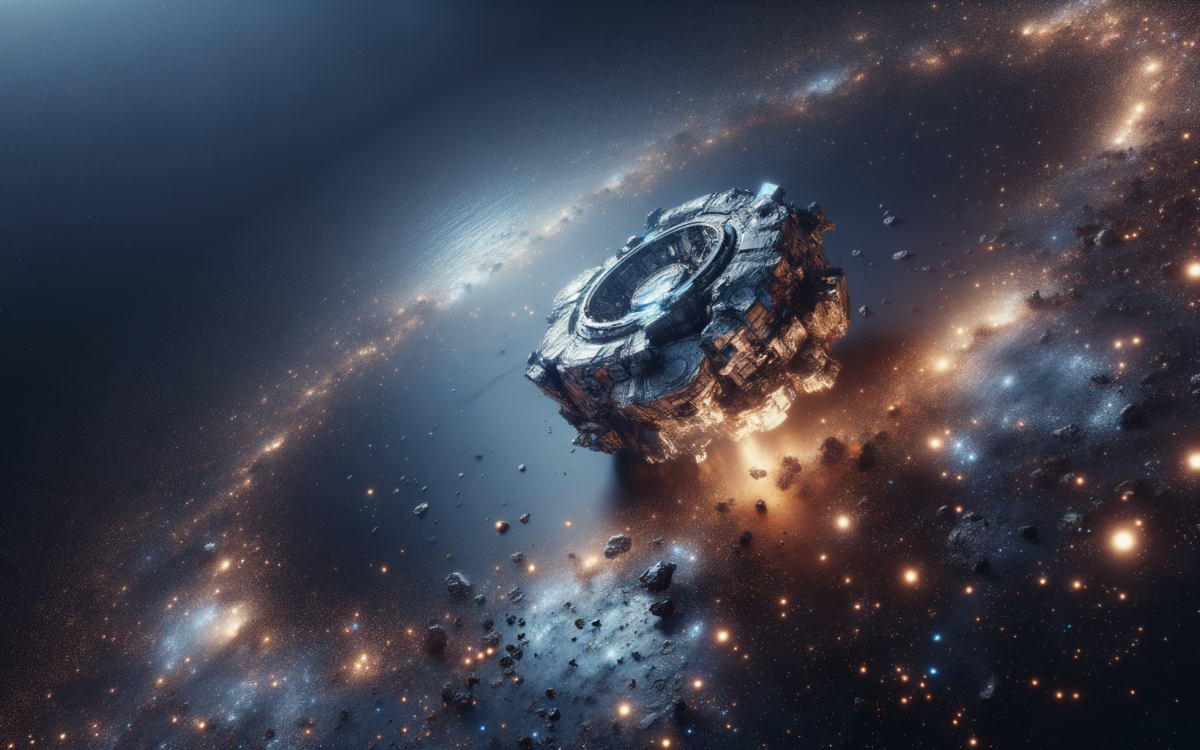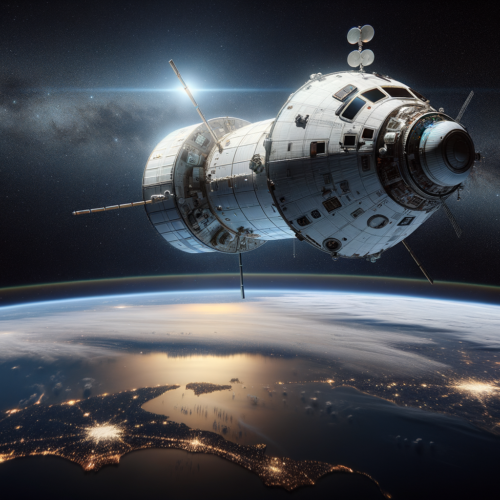Space Debris Crashes into Florida Home: The Rising Dangers of Orbital Junk
- A two-pound battery pack fragment from the International Space Station crashed through a Florida home, nearly injuring a teenager inside.
- Homeowner Alejandro Otero is suing NASA for $80,000, highlighting the escalating issue of space debris due to increased space traffic.
- Experts warn that without improved regulations, the proliferation of space debris may lead to catastrophic collisions and a scenario known as Kessler Syndrome.
Incident Overview
Earlier this year, an unusual event unfolded in Naples, Florida, when a two-pound remnant of a battery pack from the International Space Station plummeted from the sky, crashing through the roof of a home and creating a significant hole. Homeowner Alejandro Otero was at home with his teenage son at the time, and the debris just narrowly missed him. Otero expressed his disbelief, noting the incredible odds of such an event occurring and feeling thankful that no one was hurt.
In response to the incident, Otero has filed a lawsuit against NASA for $80,000. His attorney, Mica Nguyen Worthy, emphasized that this situation underscores the serious issues surrounding space debris and the increase in space traffic. Worthy believes that this case presents an opportunity for the U.S. government to establish standards for responsible and safe space operations.
The Growing Problem of Space Debris
NASA has stated that space debris, which includes remnants of human-made objects like satellites and spent rocket parts, is an increasing concern. The expectation has been that such debris would safely burn up upon reentry into the atmosphere. However, over the past 50 years, an average of one cataloged piece of debris has fallen back to Earth each day. While these pieces typically land in oceans or uninhabited areas, the frequency of launches is increasing, intensifying the risk of future incidents.
Currently, there are over 25,000 objects larger than 10 centimeters orbiting our planet, and last year alone saw a record number of satellites entering lower Earth orbit. The European Space Agency’s recent report labeled the congestion in space as “unsustainable,” warning that the more debris that remains in orbit, the greater the risk of dangerous collisions.
Concerns About Kessler Syndrome
Experts are particularly concerned about a scenario known as Kessler Syndrome, where the density of satellites and debris is so high that collisions lead to a cascading effect, generating even more debris. John Crassidis, a professor of aerospace engineering, has pointed out that while the immediate risk is low, the future could be dire if proper measures are not taken.
Regulatory Challenges and Solutions
Outer space regulations fall under the Liability Convention of 1967, which holds countries accountable for the damages caused by their space objects. However, as private space travel and mega-constellations like SpaceX’s Starlink grow, these regulations are beginning to show their age.
Experts advocate for international cooperation to establish stricter regulations and improve the disposal of space debris. Moriba Jah from the University of Texas emphasizes the need for responsible disposal methods to ensure that larger objects are intentionally brought back to Earth rather than left to burn up unpredictably.
In response to these challenges, initiatives like the Orbital Sustainability (ORBITS) Act have been introduced, aiming to reduce the amount of space junk and develop technology for debris remediation.
Jon’s Take
As we continue to venture into the cosmos, the likelihood of space debris impacting our lives increases. The incident in Florida serves as a stark reminder of the interconnectedness of our existence and the responsibility we bear as we send more objects into orbit. As we navigate these uncharted territories, will we prioritize sustainable practices, or will we let the debris pile up like forgotten space junk? The truth isn’t just out there – it’s right here, urging us to look up and take action.
Original Article




